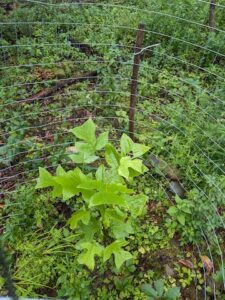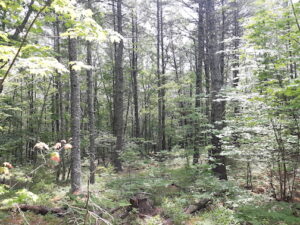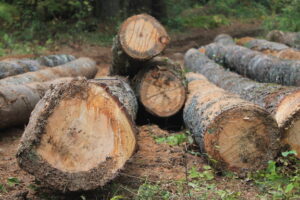Low-Impact Forestry
What is the Low-Impact Forestry Program?
The Low-Impact Forestry (LIF) program at MOFGA is a group of loggers, foresters, landowners, farmers and interested persons educating about, practicing and advocating for ecologically-based and economically-sound forest practices. We practice and endorse forestry that seeks to reduce the known harmful impacts of logging, and promote the social and ecological benefits. The LIF program hosts workshops year-round covering all sorts of forestry related topics from logging with draft animals to home firewood production. The LIF staff also participates in collaborative logging projects that explore creative forest management and contracts that benefit both landowner and logger.
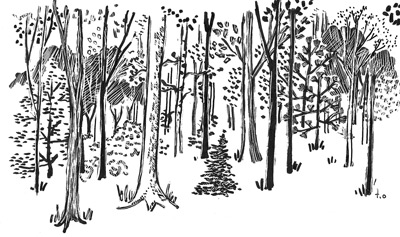
The 9 Principles of Low-Impact Forestry
1. LIF recognizes that forest ecosystems are more complex than we currently understand, and therefore operates thoughtfully with caution and humility as first principles
2. LIF believes that wood products can be grown and harvested in a way that maintains the other ecosystem services that fully functioning forests provide
3. LIF requires that harvesting operations minimize damage to unharvested trees, soils, and water quality
4. LIF promotes growing and harvesting durable, long-lasting and high-value forest products
5. LIF recognizes the value of forests as a climate change mitigation tool and promotes carbon sequestration and storage as an important goal of forest management
6. LIF incorporates climate change adaptation and resilience strategies in forest management plans, forest roads and trails, recreational and other activities, and harvests
7. LIF considers forest management on a multi-generational timescale
8. LIF believes that managed multi-aged forests with late-successional characteristics, large-diameter trees, and high stocking should be more common on the landscape
9. LIF promotes payment structures that allow land managers and forest practitioners to do careful work while making a sustainable living
Workshops and Events
The LIF program hosts workshops year round covering all sorts of forestry-related topics from logging with draft animals to home firewood production. The LIF staff also participate in collaborative logging projects that explore creative forest management and contracts that benefit both landowner and logger. Learn more about our chainsaw safety courses.
The Common Ground Country Fair
September 19 - September 21Introduction to Bandsaw Milling
September 22 @ 8:30 am - 3:30 pmGreat Maine Apple Day 2025
October 19 @ 12:00 pm - 4:00 pm
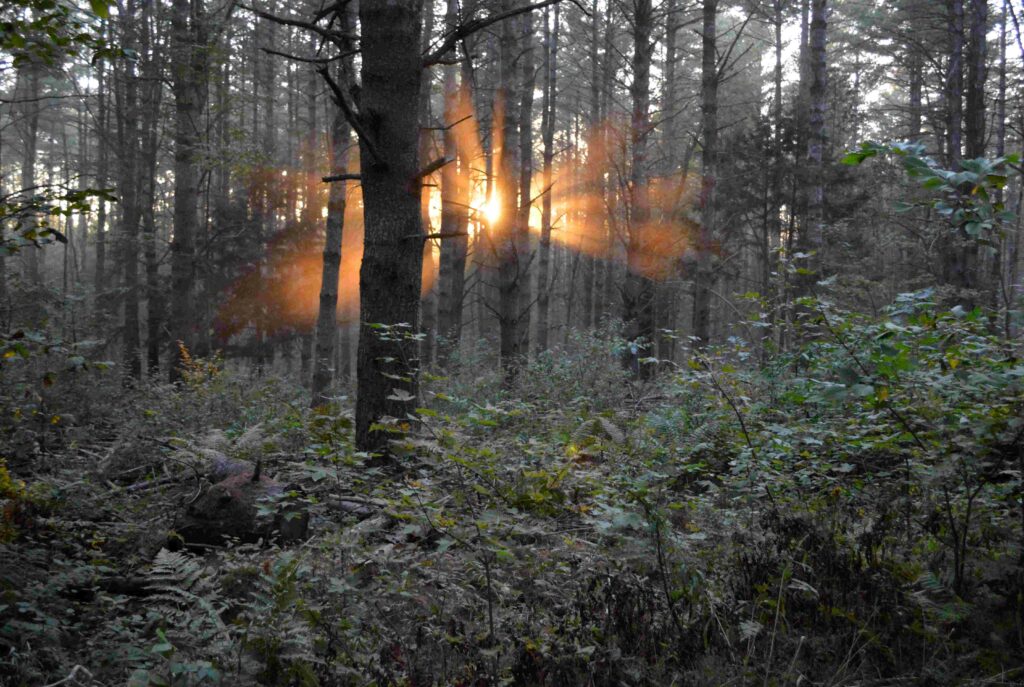
Receive monthly forest news and resources, upcoming events, and more, by signing up for the low-impact forestry newsletter:
Volunteer at MOFGA's Woodlot
If you’re interested in spending more time in the woods, gaining some skills, and supporting MOFGA’s low-impact forestry efforts, consider volunteering! Low-impact forestry volunteer opportunities vary over the course of the year. Recurring volunteer opportunities include assisting with maple sugaring; planting trees for assisted migration; and trail work.
Assisted Migration Plot
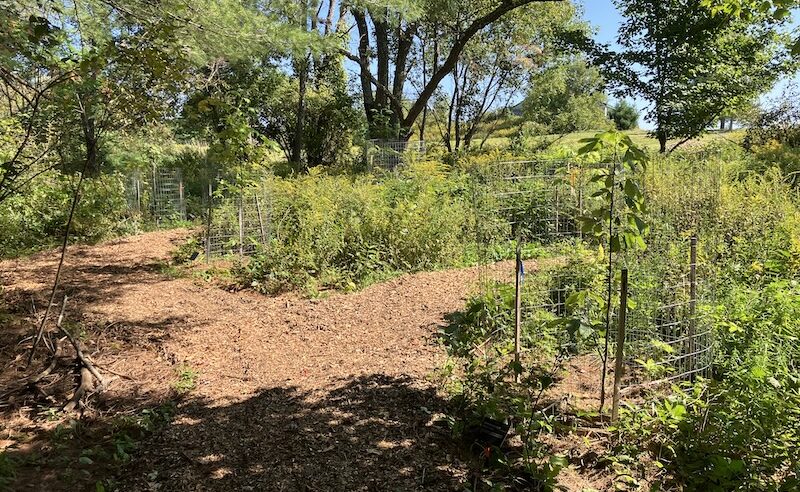
Assisted migration is the practice of aiding species in their movement as a response to climate change. Our assisted migration plot at our campus in Unity, ME, is experimenting with assisted migration and working to create a more climate resilient forest. Planted species include white oak, redbud, paw paw, sassafras, spicebush, black oak, tulip poplar, black gum, hackberry, and more!
Plan a visit to our campus to see climate adaption in action! Learn more about the project here.
Featured Videos
Playlist

5:25

1:19:53

15:39

1:30:24
The LIF program hosts workshops year round covering all sorts of forestry-related topics from logging with draft animals to home firewood production. The LIF staff also participate in collaborative logging projects that explore creative forest management and contracts that benefit both landowner and logger. Learn more about our chainsaw safety courses.
